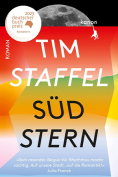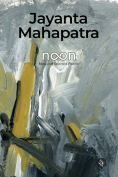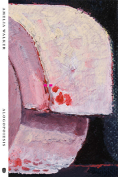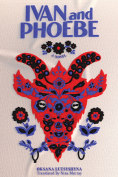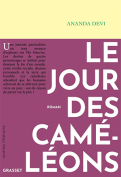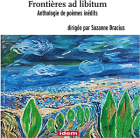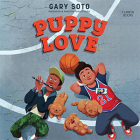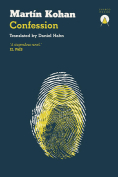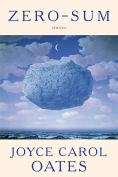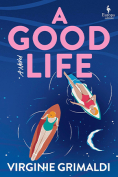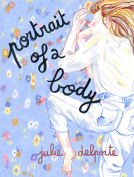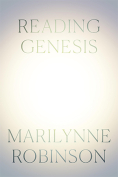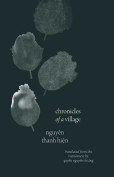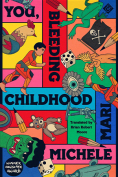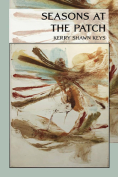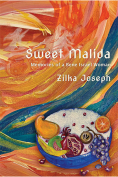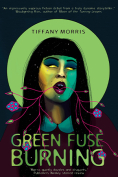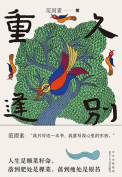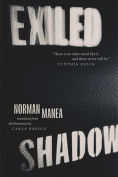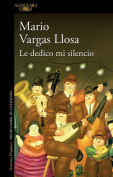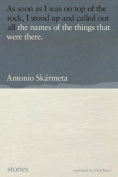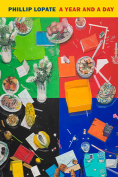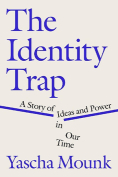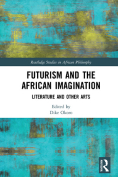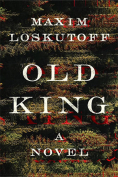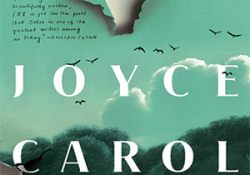Zero-Sum: Stories by Joyce Carol Oates
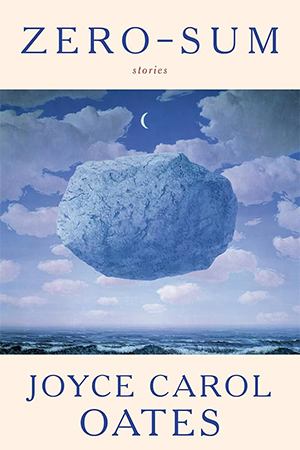 New York. Knopf. 2023. 272 pages.
New York. Knopf. 2023. 272 pages.
The definition of a literary-minded author, Joyce Carole Oates has achieved greatness throughout her illustrious career and holds a special place among the preeminent representatives of the twentieth-century American canon. Her unparalleled prolificness gave birth to a multitude of uncanny, intrepid tales exploring the dark side of the human condition as manifested through the relationships of the individual with the world and others. Oates has a penchant for writing short fiction, and she has delivered more than forty-five collections thus far, her genre-bending stories shining a light on the remotest corners of the human psyche. The impact of her work on contemporary American literature becomes even more palpable if one takes a look at the interminable list of her accolades including the National Book Award and the Jerusalem Prize, while her works have been shortlisted for the Pulitzer Prize twice.
In her latest short-story collection, Zero-Sum, Oates experiments with a variety of divergent genres in the twelve little tales comprising the book, never straying from the themes that mark her oeuvre and aiming to furnish the reader with a cartography of the tangled relationships between ordinary people. Why? Because the protagonists’ struggles and dilemmas equip the author with a fertile literary ground upon which she can unroll her incisive commentary on the modern world and showcase her perspective in the most luminous of ways. Oates is bold in her dissection of the emotional and mental state of her characters, while her highly elliptical prose, another indisputable indication of her immense writing craft and experience, never betrays its mission to stimulate the reader’s cerebellum and stir their innermost feelings.
The author utilizes the zero-sum theory, which is associated with philosophy, and more specifically game theory, to describe a situation where one man’s loss is another man’s gain. The binary opposition dictates that humans can be winners or losers, an inescapable either-or reality that impedes unifying human connection. The relationships between characters are perceived through a lens that makes their frustration and despair all too transparent. In the story that opens the collection and bears the collection’s title, the narrator, a young philosophy student who is almost obsessed with a respected professor, says: “A zero-sum game depends upon the actions of others. That is the tragedy of life lived among others.” This declaration proves to be the key that unlocks the secrets of this book and reveals its essence. It brings to mind Jean-Paul Sartre’s legendary quote: “Hell is other people.” In broad strokes, Zero-Sum echoes the doctrines of existential philosophy and sometimes evokes the Theater of the Absurd.
The author applies the titular theory to a number of distinct social milieus occupied by men and women who are willing to roll the dice but not before they have done their own arithmetic. In an interview that Oates gave to Maggie Lange for W magazine, she offered a terse summary of the collection: “It’s all about people who are trying to win games with other people, and they think they can negotiate and calculate and calibrate.” Eventually, things fall down, and the impasse cannot be overcome. The calculations of the protagonists are flawed, and their quest for redemption is foiled. Zero-Sum transcends a multitude of genres. The book comes across as experimental, in the best possible way, and infused with a creeping touch of surrealism that is more conspicuous in some stories than others. The feminine element is omnipresent, and the portrayal of women is shifted in various ways throughout the book: the female as the estranged daughter, the mother, the supporting wife, the vengeful teenage girl, the student who is hopelessly in love.
In the first story, we are invited to inhabit the headspace of a young student of philosophy who is invited to a party held by her professor, the object of her obsession. The reader becomes privy to the protagonist’s stream of consciousness, revealing her unbalanced mental state and suggesting that the narrator is not to be entirely trusted. The cryptic narrative is enticing, and we find ourselves speculating about several things concerning the protagonist/narrator. What are the reasons for her fixation on the professor? Do they share a common past? What are her true intentions? Does she want to seduce him or hurt him? The finale may come across as dissatisfying to some, but it is certainly fitting to the story’s trajectory.
In the lengthiest piece of the collection, “The Suicide,” Oates flashes her brilliance in a story about a suicidal author who keeps postponing the deed because he can’t craft a decent suicide note. Once again, the reader becomes a part of the complex brain machinations of a disturbed man. Oates focuses on his relationship with his wife, a woman who despite being intellectually inferior to her husband stands beside him all the way through his spells of madness and visits to the psychiatric ward. The narrator seems unable to perceive his wife’s caring in a positive light, loathing her nurturing nature. It’s a distressing story told in a whimsical way, making it fun to read despite the solemnity of the narrative.
Both “Zero-Sum” and “The Suicide” are the crowning jewels in this collection; however, there are ten more vignettes to keep the reader entertained while feeding the mind with trenchant insights. If I had to select the best among the remaining ones, I would go for “Take Me I’m Free,” an examination of bad motherhood and its consequences. The story concerns a young mother experiencing overwhelming feelings of exasperation over the demands of her new role. So, she accuses her own daughter of her grievances. “She is defective,” the mother says, and she ends up putting her child out among the curbside garbage. The story is disturbing and sometimes feels a little hyperreal.
Joyce Carol Oates is a literary legend, and her work is destined to be relished and talked about by future generation of readers and critics. Zero-Sum is proof that a writer can surpass herself after decades of productivity and offer something fresh and sharp to her loyal fans. Appreciators of high-quality literature are not allowed to skip this one.
Dimitris Passas
Athens
